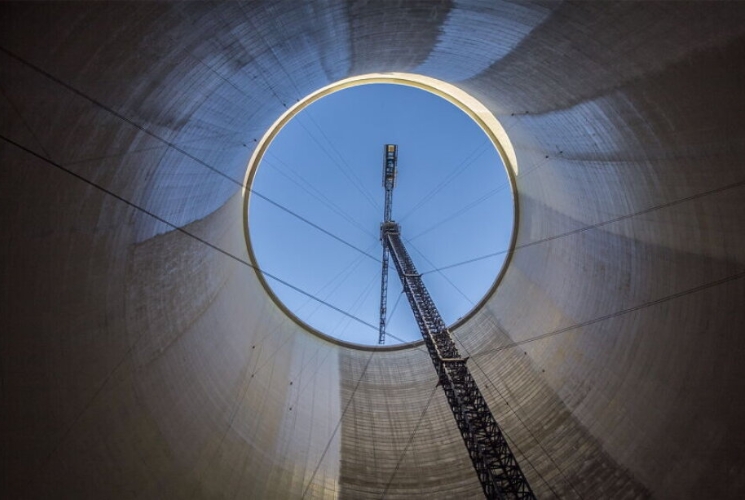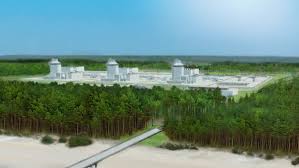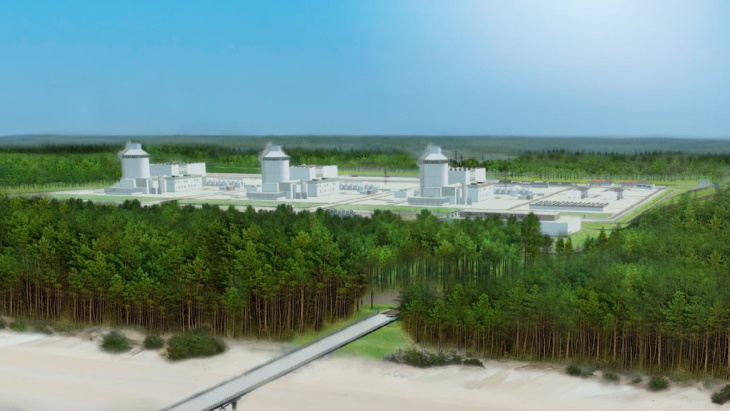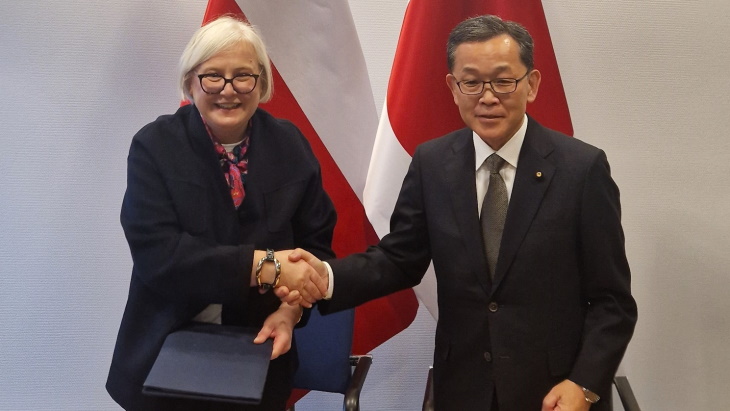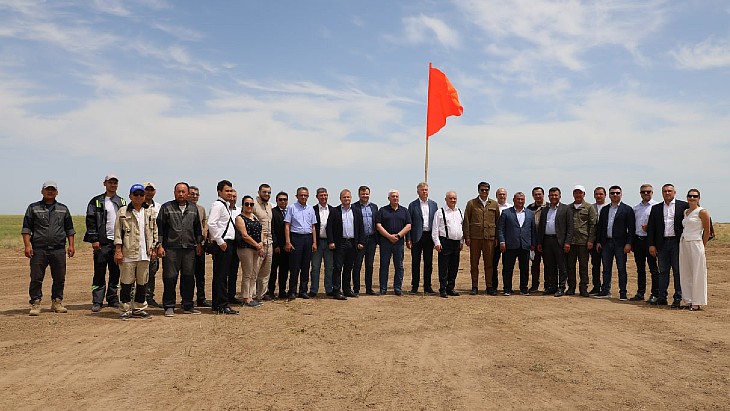
The signing ceremony was held during a visit by representatives of the UzAtom Atomic Energy Agency and Rosatom to the site of the proposed plant and an inspection of where land surveying and the setting up of a construction camp and infrastructure facilities are to begin from September.
Andrey Petrov, deputy director general of Rosatom, said: "Our large-scale project for the construction ... is picking up momentum to provide the region with clean energy. We know our Uzbek partners as efficient, talented managers, and now we are starting joint activities at the construction site. I am sure that we will fulfill together all contractual obligations on time and in proper quality."
The creation of a residential settlement for construction and project teams were among the priority tasks discussed and agreed during the visit to the site in the Jizzarkh region of Uzbekistan.
The contract signed on 27 May, during a visit to the country by Russian President Vladimir Putin, is for the construction of a 330 MW capacity nuclear power plant. The project is based on six units of the RITM-200N water-cooled reactor, which is adapted from nuclear powered icebreakers' technology, with thermal power of 190 MW or 55 MWe and with an intended service life of 60 years. The first unit is scheduled to go critical in late 2029 with units commissioned one by one.
It is the first export order for Russia's SMR. The first land-based version is currently being built in Yakut in Russia, with the launch of the first unit expected to take place in 2027. Rosatom says that its combination of active and passive safety systems mean the SMR plants will achieve the highest possible safety standards.
In 2017, Uzbekistan signed an agreement with Russia to construct two VVER-1200 pressurised water reactors and, following the signing of the SMR plant agreement last month, Rosatom's Director General Alexei Likhachev said, in an interview with the Rossiya-1 TV channel, that there were still proposals for building a large nuclear power plant - with a capacity of around 2.5 GW - in Uzbekistan.
